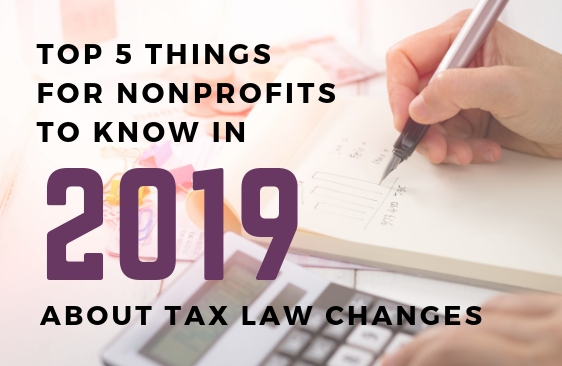In December 2017, Congress passed and the president signed the Tax Cuts and Jobs Act (TCJA), which contained what many describe as the most significant changes to the tax code since 1986. During 2018, we received many questions from our nonprofit clients about the implications of these changes for their donors.
1. What is the most significant tax law change that could affect the short-term philanthropic planning of our donors and, therefore, our annual giving program?
The 2017 tax law change nearly doubled the standard deduction for individuals (from $6,350 to $12,000 and from $12,700 to $24,000 for married couples filing jointly). This means that fewer taxpayers will claim itemized deductions. Research has shown that those donors who claim itemized deductions are more likely to give consistently (should we say that this may be correlation rather than causation). In the recent past, approximately 30% of taxpayers have claimed itemized deductions. As a result of the tax law change, it is estimated that approximately 15% to 20% of taxpayers will continue to itemize their deductions.




